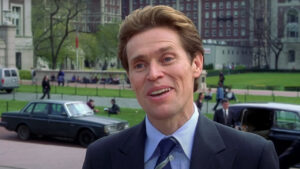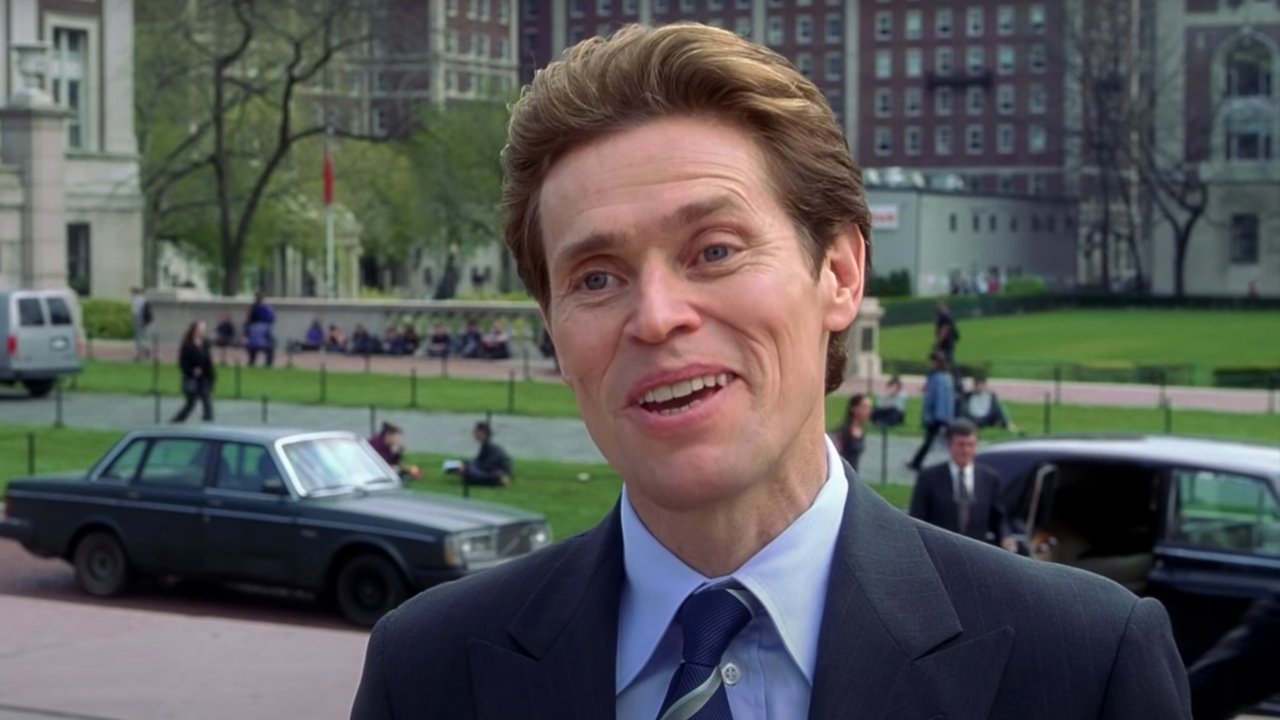How Willem Dafoe Got Into Acting

Willem Dafoe, a name synonymous with intense performances and memorable characters, has become one of Hollywood’s most respected actors. Known for his versatility and commitment to roles, Dafoe has portrayed everything from villains to complex, nuanced characters. But how did he get started in acting? What sparked his journey from a small-town kid to an acclaimed actor with a career spanning over four decades?
Early Life and Beginnings
Willem Dafoe was born on July 22, 1955, in Appleton, Wisconsin. Raised in a family of eight children, he developed an early interest in performance, though his beginnings weren’t exactly in front of a camera. “I grew up in a big family, so there was a lot of creative energy in the house,” Dafoe reflects. “I always had an interest in theater, but I didn’t think it was something I could actually do.”
His passion for the arts began to emerge during his high school years, but it wasn’t until he moved to Milwaukee that Dafoe’s serious pursuit of acting began. After graduating high school, he attended the University of Wisconsin–Milwaukee, where he studied drama and began to immerse himself in theater.
The Move to New York and Theater Roots
In the mid-1970s, Dafoe made a pivotal decision to move to New York City, where he would embark on a career in theater. He joined the famed experimental theater group, The Wooster Group, a decision that would profoundly influence his approach to acting.
Founded in 1975 by avant-garde director Elizabeth LeCompte, The Wooster Group became known for its innovative and sometimes shocking performances. Dafoe, who was a member of the group for several years, credits the experience as a transformative period in his career. “The Wooster Group was crucial in shaping me,” Dafoe says. “It taught me that acting isn’t just about speaking words. It’s about creating a world and immersing yourself in it. We did some pretty wild things, and that taught me to approach roles with no fear.”
The group’s focus on experimental theater allowed Dafoe to hone his craft, with performances that were as much about physicality and emotion as they were about words. “I realized the stage is where I could really get away from myself and just be someone else,” he explains.
Breaking into Film
While Dafoe was building his reputation in theater, he eventually found his way into the world of film. His first significant movie role came in 1981, when he was cast in The Last Temptation of Christ, directed by Martin Scorsese. Dafoe’s portrayal of Jesus Christ in the controversial film marked a major turning point in his career. His intense and vulnerable performance immediately caught the attention of audiences and critics alike.
Reflecting on this experience, Dafoe says, “The role was incredibly challenging because it required me to be vulnerable in a way that I hadn’t experienced before. But it was an opportunity to explore something so deeply human, and that made all the difference.”
Following The Last Temptation of Christ, Dafoe went on to take on a variety of roles that showcased his range—from the villainous Green Goblin in Spider-Man (2002) to his portrayal of a heartbroken father in The Florida Project (2017). What’s striking about Dafoe’s career is his willingness to take on difficult, often morally ambiguous characters.
A Philosophy of Acting
Throughout his career, Dafoe has remained grounded in his philosophy of acting: a commitment to finding the truth in each role, no matter how unconventional. “Acting is about exposing yourself, not hiding behind a character,” he says. “The characters I play aren’t defined by their labels—villain, hero, or something in between—they’re defined by their humanity.”
Dafoe’s ability to embrace a wide range of roles is also attributed to his deep understanding of the art of storytelling. “Theater taught me that acting isn’t just about being ‘good.’ It’s about being bold, being brave, and telling the truth, no matter what. And that’s something I’ve carried into my film work.”
This philosophy has served him well, earning Dafoe a slew of nominations, including Academy Award nominations for his roles in Platoon (1986) and The Florida Project (2017).
Legacy and Continuing Passion
Despite his long career, Dafoe’s passion for acting shows no signs of waning. He continues to take on challenging roles, whether in indie films or big-budget blockbusters. In 2022, he starred in the psychological thriller Inside, a film that challenged him to carry the entire narrative on his own, proving that, after all these years, his dedication to his craft remains as fierce as ever.
Dafoe shares, “Acting is still something I love, something that excites me. The process never gets old, because every time I step into a new role, it’s a new journey of discovery. There’s always more to learn.”
Conclusion
Willem Dafoe’s journey into acting wasn’t a straight path, but rather a winding road filled with theater, experimentation, and bold decisions. From his humble beginnings in Wisconsin to becoming one of Hollywood’s most versatile and respected actors, Dafoe’s career is a testament to the power of dedication, passion, and fearlessness. As he continues to evolve as an artist, one thing is clear: Dafoe’s approach to acting—grounded in truth, vulnerability, and a willingness to take risks—has made him a standout talent in the world of film and theater.




